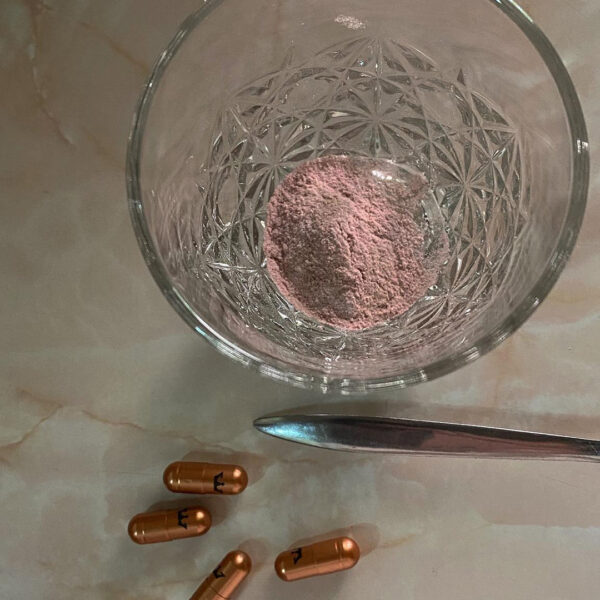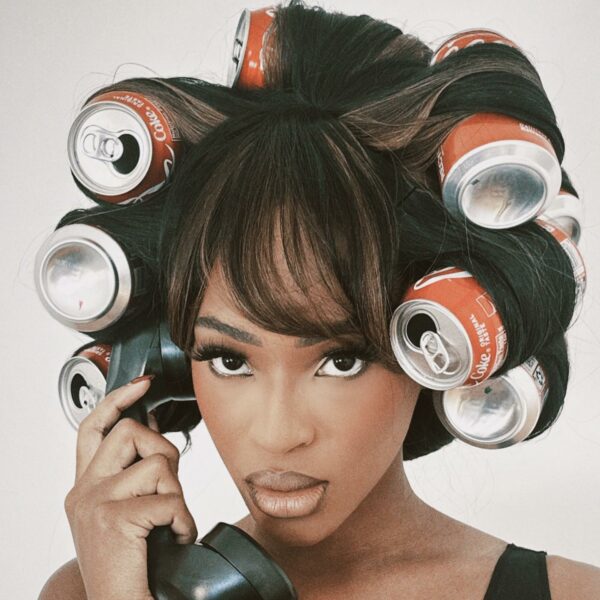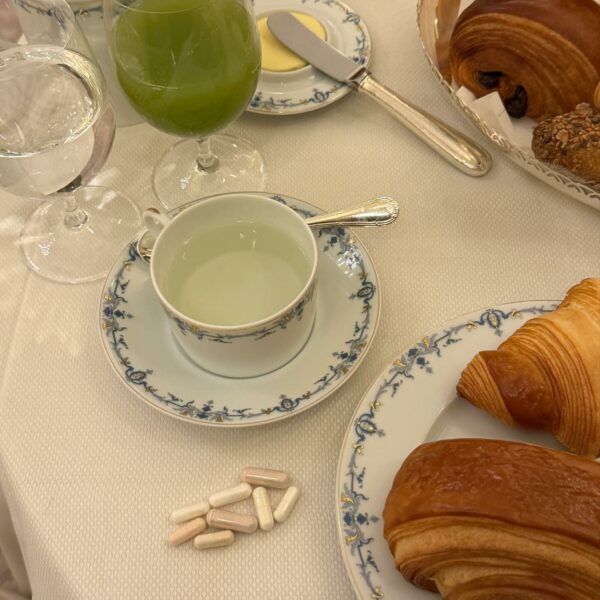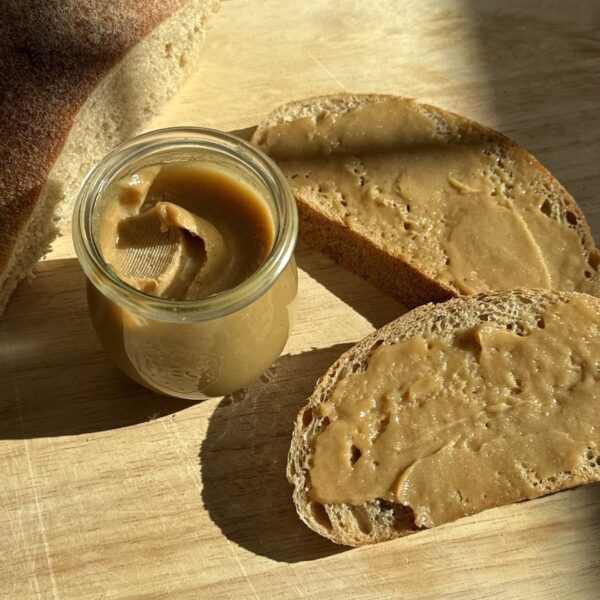If you really want to pamper your nether regions, start with what you eat. We all know the age-old trick of scarfing down loads of pineapple right before, ehem, date night. Makes things brighter, sweeter smelling and tasting, and overall healthy and lubricated. That’s the enzymes and hydration in that super juicy fruit tending to your juicy fruit. You get it.
But the buck doesn’t stop at pineapple. In fact, many, if not most, fruits and veggies will help keep things absolutely ideal not just in and around the vulva area, but inside the vagina, cervix, and overall reproductive system. Keep nasty things like UTIs, smelly, thick, or excessive discharge, painful cramps, dryness, painful sex, and yeast infections at bay by eating more plants and less animal material.
We know that going vegan or even vegetarian is an entirely personal choice. And for some, it may not be the best bet—all bodies are different, and we respect that, major. But eating a more plant-centric diet, no matter your carnivorous status, will improve your health in a multitude of ways.
For example, eating a diet high in processed foods means filling our gullets with empty carbs, starches, and calories that have little to no nutritional value for our bodies. This means they build fat and clog arteries and disrupt hormones, without feeding our cells. In case it’s not clear, nutritional value, aka nutrients, is what we thrive on for optimal functioning, aging, digesting, reproducing, and overall feeling well and happy.
Too much junk or processed foods can affect our immunity. When our immune function is low, we put ourselves at risk for bacterial takeover—and not the good kind. Have you ever noticed that when you have the slightest hint of a cold, and then eat something high in sugar or consume alcohol, it’s a full-blown cold from hell the next day? That’s because that nasty, illness-causing bacteria feeds on sugar, causing dysbiosis.
Dysbiosis is essentially a bacterial imbalance, where the bad bacteria outweighs the good. And ICYMI, our vaginas are teeming with bacteria. Mostly good, some naughty, some neutral, it’s a healthy balance known as a microbiome, and this flora is what keeps our vagina in check—a self-cleaning oven, if you will. When dysbiosis occurs, not to mention that lowered immunity, we put ourselves at risk for all kinds of vaginal infections, unappealing smells, extra discharge, or discharge with funny colors, textures, and scents. It’s not ideal.
This being said, a lot of vegan snacks and packaged foods are heavily processed, so when we say plant-based over processed foods, we mean whole, plant-based foods. Minimally processed ingredients you can trust, and just straight-up fruits and veggies will do the trick.
On that note, even for those who do eat meat, red meat in excess (we really don’t “need” much, if our body craves it at all—think 1-2x per month) will definitely wreak havoc on our vaginal health. This is especially true for meat that comes from huge factory farm conglomerates, as well as dairy from big dairy farms. That’s because they almost always, unless clearly stating otherwise, use antibiotics and artificial hormones to get the most cluck (or moo) for their buck with their livestock.
It should come as no surprise that artificial hormones equal a big no-no when it comes to our own hormonal health. Oftentimes, these chemicals imitate estrogen, which can actually block estrogen from the vagina, which affects our mucus membranes and leaves us at risk for infection, and these hormones have even been linked to cancer.
Antibiotics found in meat and dairy are also a major problem, because antibiotics kill all bacteria. That’s why we need to up our probiotic game after we are forced to do a round of antibiotics if we have an infection like a UTI, ear infection, or sinus infection. We want to steer clear of antibiotics unless we absolutely MUST treat an infection with a doctor’s prescription, and we definitely don’t want to be consuming them in our food. Killing off good bacteria in our bodies and vagina is another factor that could lead to the aforementioned dysbiosis.
We also want to eat saturated fats in moderation, and red meat is rich in saturated fats. High intake of these kinds of fats can lead to inflammation, which is known to put us at risk for chronic illnesses and infection, which includes our delicate vaginal area.
Instead, up your intake of leafy greens and sweet potatoes for vitamin A, fruits and veggies rich in C like pineapple, bell peppers, and strawberries, and healthy fats like avocados, walnuts, and legumes. At the end of the day, good clean, plant-rich foods are the path to a healthy vagina. It’s that simple.
The content provided in this article is provided for information purposes only and is not a substitute for professional advice and consultation, including professional medical advice and consultation; it is provided with the understanding that Poosh, LLC (“Poosh”) is not engaged in the provision or rendering of medical advice or services. You understand and agree that Poosh shall not be liable for any claim, loss, or damage arising out of the use of, or reliance upon any content or information in the article.




































